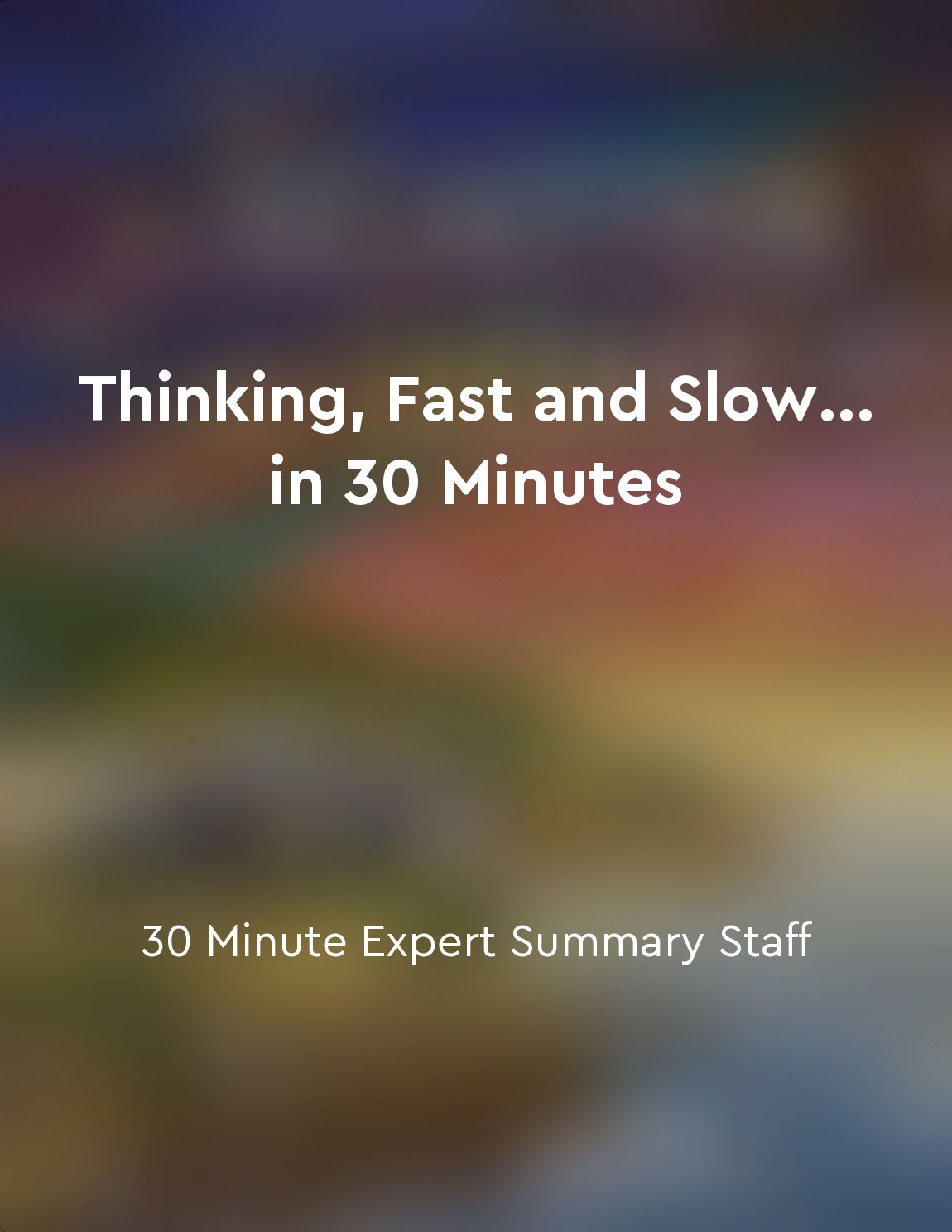Audio available in app
Memory shapes our perception of reality from "summary" of Time and Free Will (Annotated Edition) by Henri Bergson
Our perception of reality is heavily influenced by our memory. Memory is not a passive storehouse of past experiences, but an active force that shapes our present perceptions. When we encounter a new situation, our memory immediately starts searching for similar past experiences to help us make sense of the present. This process is not always conscious, as our memory works in the background, shaping our understanding without us even realizing it. Memory does not just passively retrieve past experiences; it also filters and distorts them based on our current needs and desires. We tend to remember things that are emotionally significant to us, while forgetting mundane details. This selective memory can lead us to see the present in a certain way, based on our past experiences and emotional attachments. Moreover, memory allows us to create a sense of continuity and coherence in our perception of reality. By connecting past experiences to present ones, we create a narrative that gives meaning to our lives. This narrative is not fixed or objective but constantly evolving as we reinterpret past experiences in light of new ones. In this way, memory shapes not only how we see the present but also how we understand our past and envision our future. Our memory is also influenced by social and cultural factors, which shape our perception of reality in subtle ways. Our shared memories with others create a sense of belonging and identity, while cultural narratives and symbols shape how we interpret the world around us. These collective memories can influence our individual perceptions and lead us to see reality in a certain way, based on the shared stories and beliefs of our society.- Memory is a powerful force that shapes our perception of reality in complex and dynamic ways. It is not just a passive repository of past experiences but an active and creative force that influences how we see the world. By understanding the role of memory in shaping our perception, we can gain insight into the ways in which our past experiences and cultural influences shape our understanding of reality.
Similar Posts
Trust must be earned
Trust isn't something you just give away like a piece of candy. It's something that needs to be nurtured and grown like a delic...

Two systems of thinking: fast and slow
In our daily lives, we rely on two distinct systems of thinking that operate in different ways. The fast system is intuitive an...
Meditation can increase emotional intelligence
The practice of meditation has been shown to have a profound impact on emotional intelligence. By training the mind to focus on...
Clearer perceptions can lead to better problemsolving
When we have a clearer perception of a problem, we are better equipped to come up with effective solutions. This is because our...
Develop a practice of mindfulness and meditation
To let go of past impressions, it is essential to develop a practice of mindfulness and meditation. Mindfulness involves being ...
The present is where freedom is exercised
The present moment is where we find ourselves fully engaged in the exercise of freedom. It is in this fleeting instant that we ...
Embrace your inner artist
The idea of embracing your inner artist is a call to reconnect with the creative and intuitive aspects of yourself that may hav...
Survival requires quick thinking
Survival is a battle of wits. When facing a life-or-death situation, there is no time for hesitation or second-guessing. One mu...
The brain is a complex organ
The brain is a complex organ. It's a remarkable piece of biological machinery that is responsible for everything we do, think, ...
Trust is fragile and easily broken
Trust, that delicate bond between two individuals, is akin to a fragile glass ornament perched precariously on a shelf. One wro...

